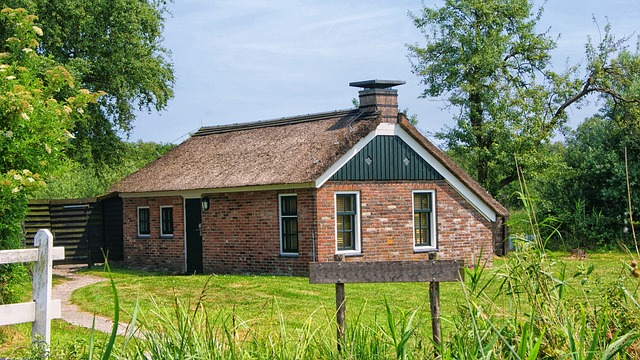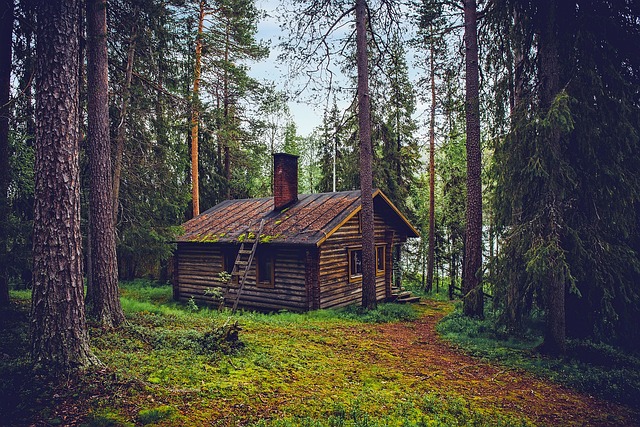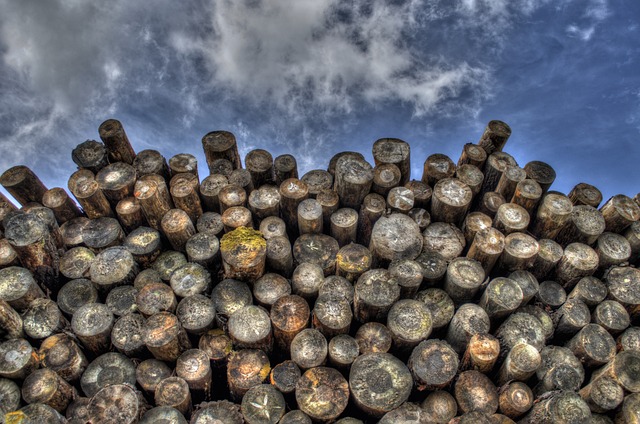Cottage Grove, Oregon, has evolved from a logging-driven community to a vibrant hub of rural charm and urban amenities. Historically tied to the logging industry, the town now prioritizes environmental conservation, sustainable practices, and cultural diversity while preserving its heritage. Local initiatives focus on protecting natural resources, attracting visitors with outdoor activities and unique historical experiences, and fostering a strong sense of community connection to their surroundings. Cottage Grove balances its past as part of the Oregon logging industry with modern progress, maintaining historical integrity while embracing innovation.
Cottage Grove, Oregon, has witnessed a fascinating cultural evolution shaped by its historical roots in logging. Once dominated by the powerful sawmills and bustling activity of the logging industry, the community has transformed into a vibrant blend of tradition and progress. This article explores the shifts in Cottage Grove’s identity, environmental conservation efforts, and the ongoing balance between preserving history and embracing change, all while delving into the lasting impact of its logging industry heritage.
- A Historical Perspective: Cottage Grove's Logging Industry and Its Impact
- Cultural Shifts: The Evolution of the Community's Identity
- Environmental Awareness: Conservation Efforts in a Changing Landscape
- Looking Ahead: Preserving Tradition, Embracing Progress in Cottage Grove
A Historical Perspective: Cottage Grove's Logging Industry and Its Impact
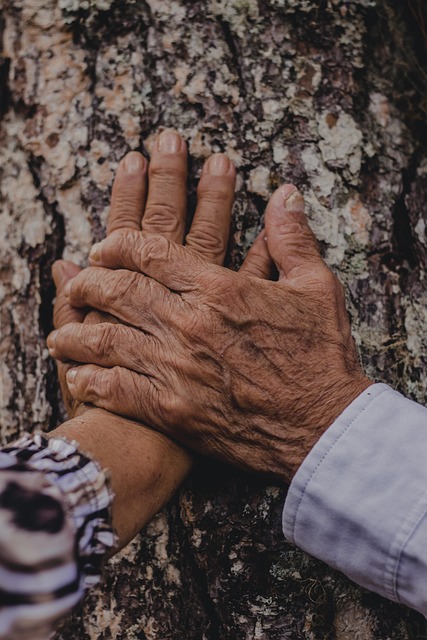
Cottage Grove, Oregon’s history is intricately woven with its booming logging industry that once dominated the region. This industry left an indelible mark on the town’s cultural evolution, shaping its landscape and character. For decades, the lush forests surrounding Cottage Grove provided a thriving resource for loggers, who extracted timber to fuel the growing nation. The industry’s peak brought economic prosperity but also had significant environmental consequences, leading to deforestation and habitat loss.
The impact of logging extended beyond the forests, influencing social dynamics and community life. Logging towns like Cottage Grove fostered a unique culture, characterized by a tight-knit community spirit, robust local businesses, and a deep connection to nature. The industry’s decline in recent years has prompted Cottage Grove residents to adapt and reinvent their cultural identity, balancing the preservation of their logging heritage with sustainable practices and a focus on environmental conservation.
Cultural Shifts: The Evolution of the Community's Identity

Cottage Grove, Oregon, has undergone significant cultural shifts over time, largely shaped by its historical ties to the local logging industry. Once a bustling hub centered around timber extraction and milling, the community has evolved into a vibrant mix of rural charm and urban amenities. This transformation is evident in the changing demographics and diverse range of residents who call Cottage Grove home today. The once-dominant logging culture has given way to a more multifaceted identity that embraces arts, education, and environmental stewardship.
The shift from a predominantly industry-driven town to a culturally rich and diverse community is a testament to the adaptability and resilience of Cottage Grove. Local initiatives focused on preserving natural resources and promoting sustainable practices have become integral parts of the area’s cultural landscape. This evolution has not only changed how residents perceive themselves but also attracted visitors interested in experiencing the unique blend of outdoor activities, local cuisine, and rich history that defines this charming Oregon town.
Environmental Awareness: Conservation Efforts in a Changing Landscape
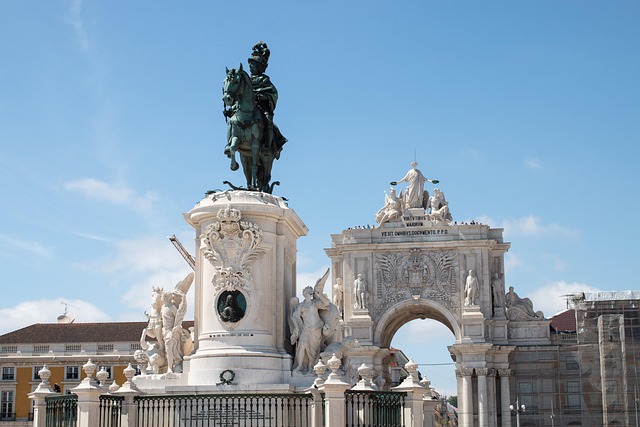
Cottage Grove, Oregon, has witnessed a significant cultural evolution over the years, and environmental awareness has played a pivotal role in this transformation. The region’s history is deeply intertwined with the logging industry, which once dominated the local economy. However, as the area’s ecological significance became more apparent, conservation efforts gained traction. Locals and environmental activists united to preserve the unique natural landscape, leading to sustainable practices and a shift away from the intensive logging of the past.
These conservation initiatives have not only protected the vibrant forests but also fostered a deeper connection between the community and their environment. Cottage Grove now boasts diverse ecosystems, including lush green spaces, pristine rivers, and thriving wildlife habitats. The region’s successful transition demonstrates how cultural evolution can go hand in hand with environmental stewardship, creating a harmonious coexistence between human settlement and natural beauty.
Looking Ahead: Preserving Tradition, Embracing Progress in Cottage Grove

Cottage Grove, Oregon, stands at a fascinating crossroads between preserving its rich cultural heritage and embracing modern progress. Looking ahead, the community is determined to navigate this balance, ensuring that its historical roots remain intact while simultaneously accommodating contemporary needs. The town’s past is deeply intertwined with the Cottage Grove logging industry, which has shaped its identity for generations. However, as times change, so do priorities; there is a growing emphasis on preserving this legacy while exploring new avenues for growth.
By embracing sustainable practices and innovative ideas, Cottage Grove can move forward without losing sight of its traditions. The community aims to honor its logging industry heritage through cultural events, historical conservation efforts, and educational initiatives that tell the story of the past. Simultaneously, it encourages a spirit of innovation, fostering an environment where new businesses, technology, and artistic expressions can thrive. This dual approach ensures that Cottage Grove remains true to its roots while welcoming the future with open arms.
